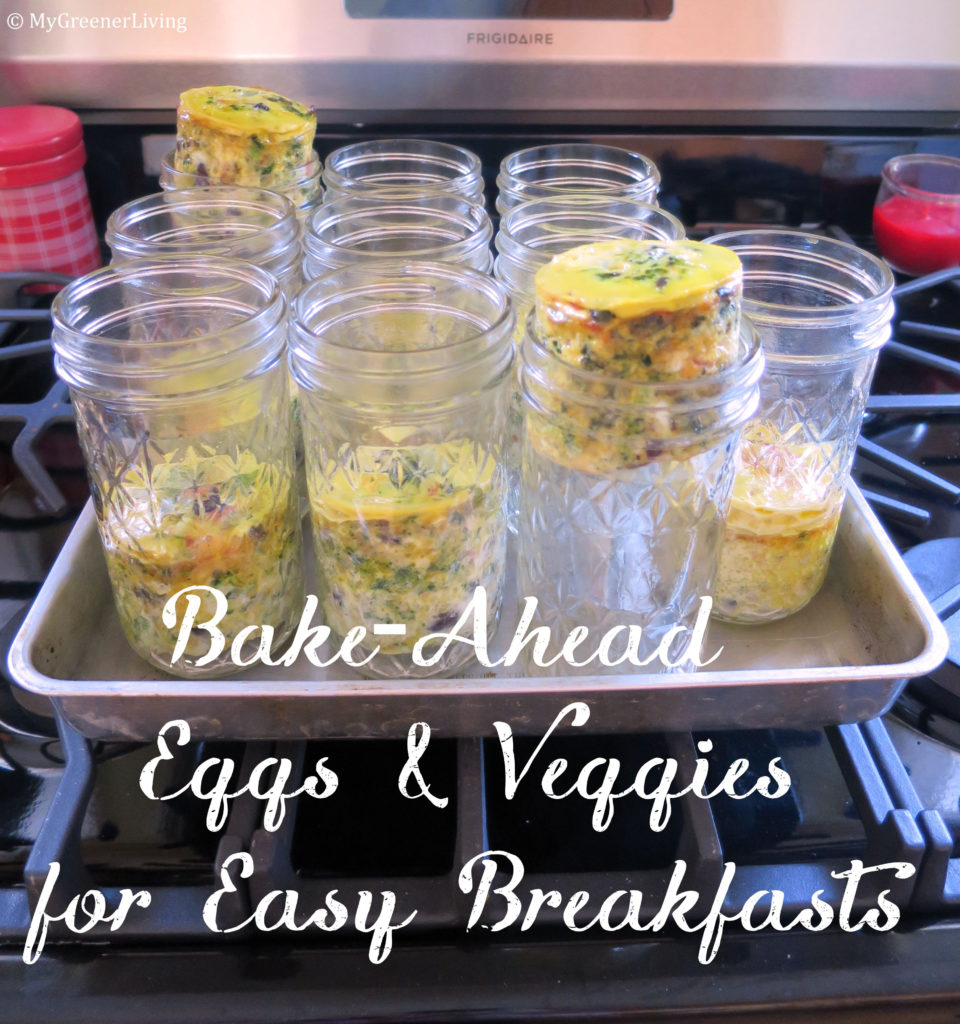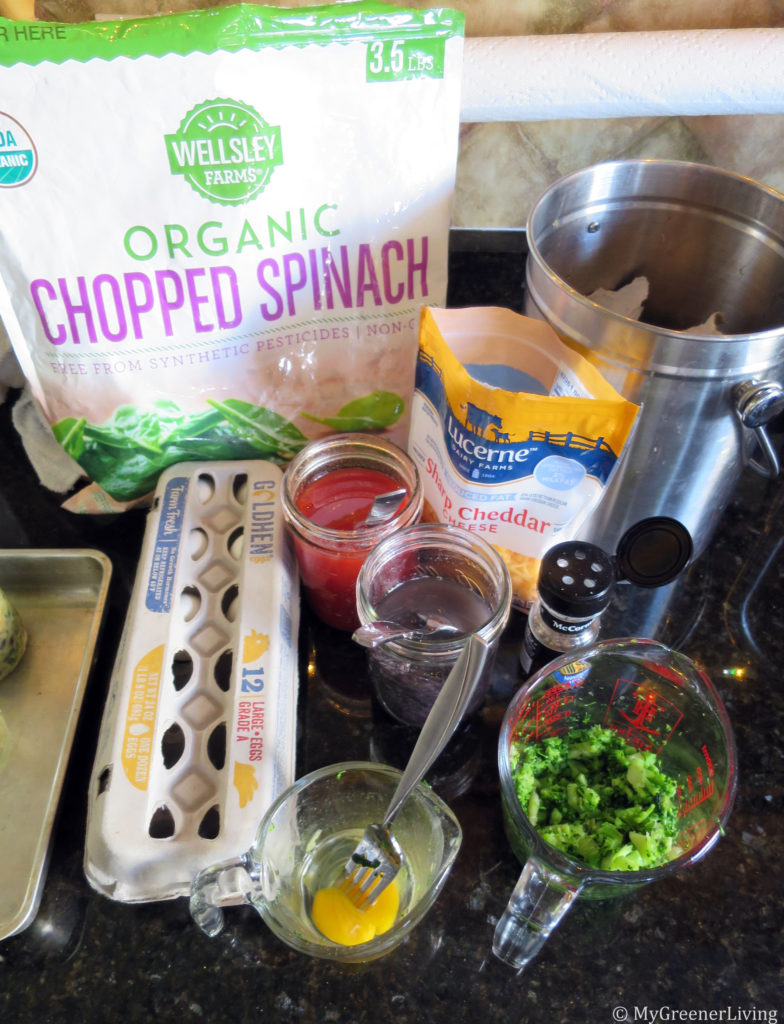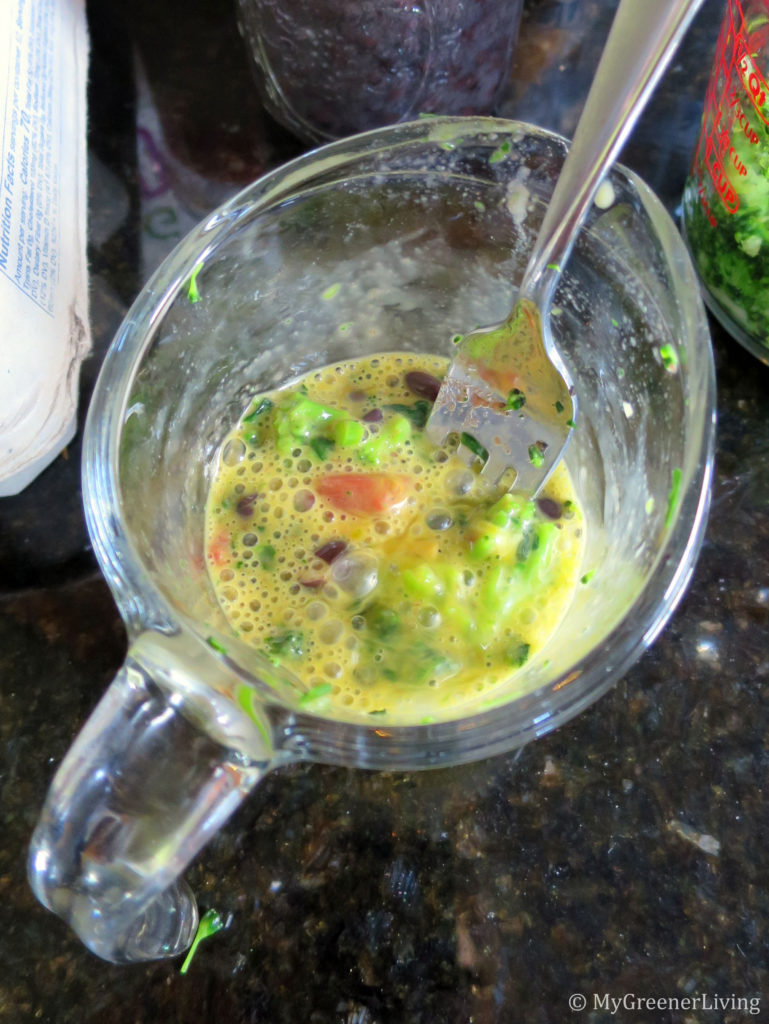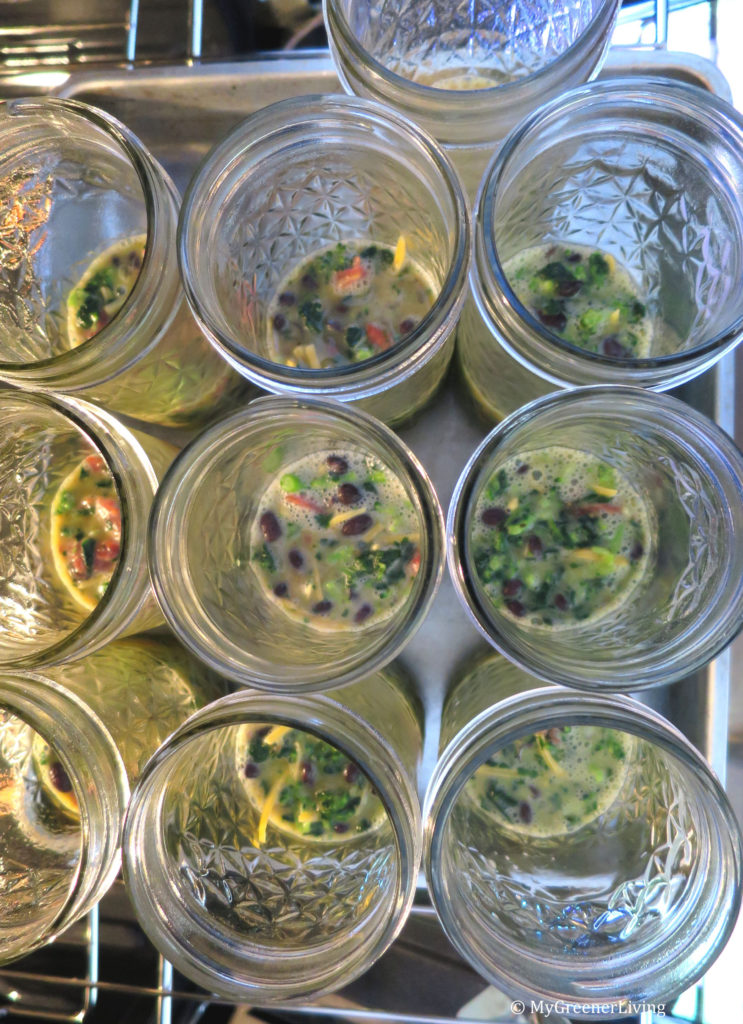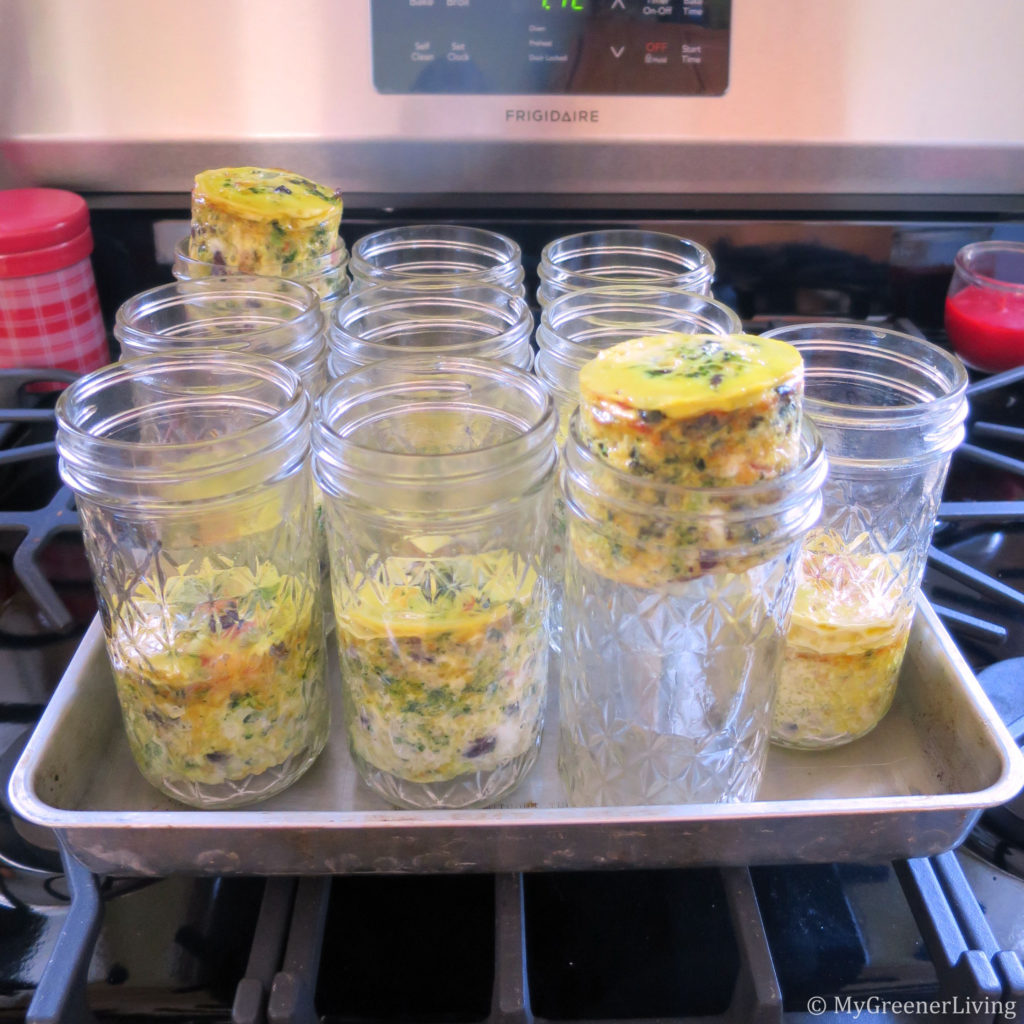(it’s all natural and frugal!)
Since I have slowly transitioned my soap products to almost all natural, I have also adapted my cleaning-soap-residue. I am working towards eliminating synthetic chemicals, and only using the ones for which I can find scientific research showing that they’re safe. Conversely, I do research all of the natural products I use or consider using, because natural does not mean safe or healthy! (Poison ivy is natural and NOT safe or healthy, at least for those allergic like me.)
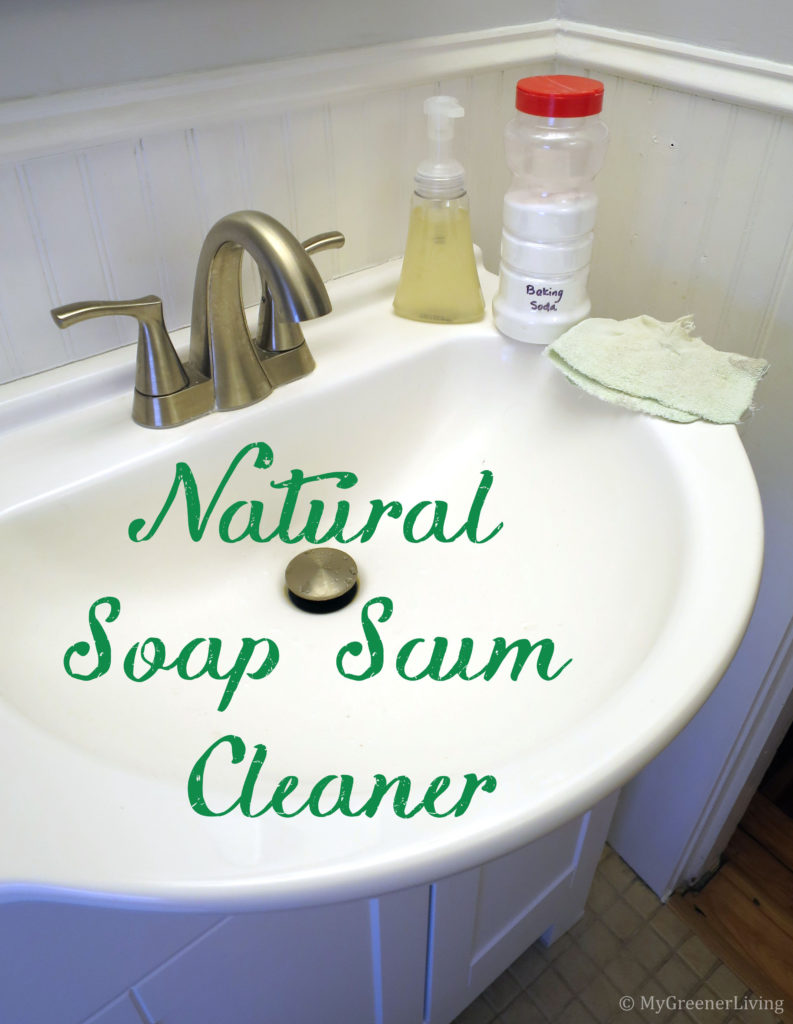
Disclaimer: This post contains affiliate links. See my Disclosure Policy for more information.
My Favorite Natural Soap Residue Remover
I was quite happy to come across a very effective cleaner that removes natural soap scum almost effortlessly, while also being natural and inexpensive! What is this miracle soap residue recipe? Baking soda! That’s it. Plain old sodium bicarbonate.
Where do I use baking soda?
I use baking soda anywhere I find soap residue buildup in my home. Since I make my own liquid castile soap and use it anywhere it works as a cleaner, I use this baking soda a lot. I recently wrote about all the ways I use castile soap. I use liquid castile soap in many ways as a dishwashing soap in the kitchen, hand soap in the bathrooms, and face wash in the shower. Liquid castile soap can be used as a body wash as well, though I usually use my bar soaps because they work well for shaving with a double edge safety razor. Baking soda is effective at cleaning soap scum from both liquid and bar castile soap. So I use baking soda to clean up the soap residue left behind by all these different uses: in the kitchen sink, in the bathroom sinks, in the shower/tub. I haven’t tried it in the dishwasher yet since I haven’t really noticed soap scum buildup on my dishes or dishwasher, but I will report back if I do test this out.
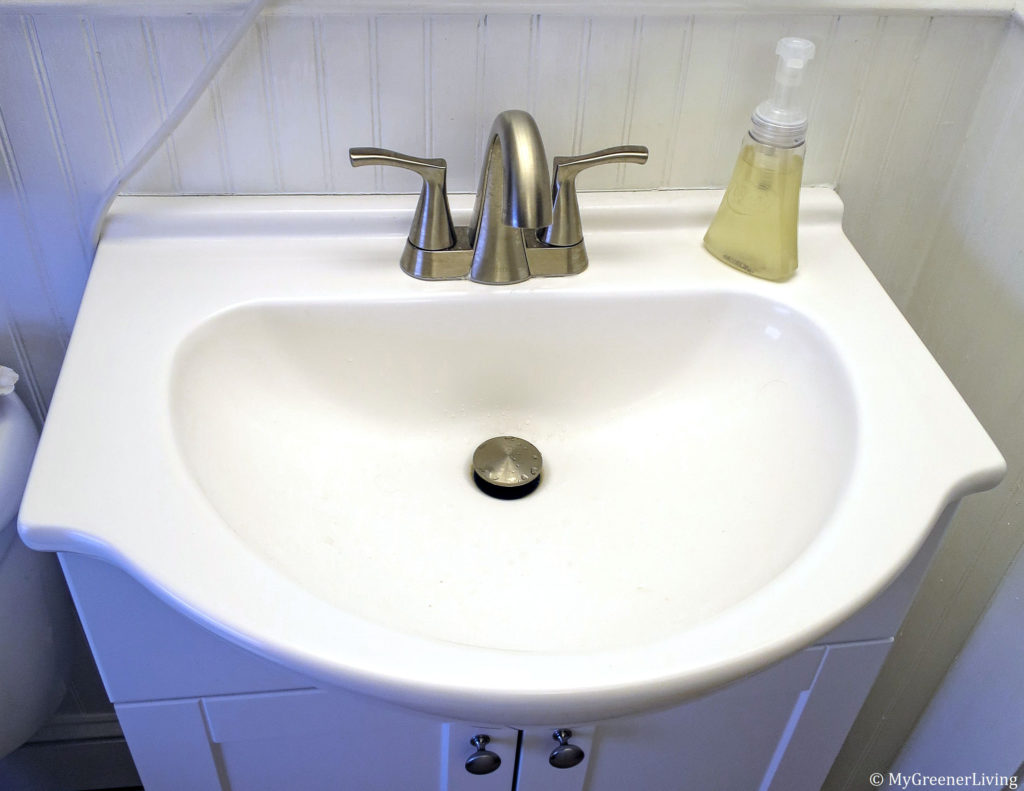
How do I use baking soda as a natural soap cleaner?
Using baking soda to clean soap residue is very easy! I sprinkle some baking soda on over the horizontal surfaces of the sink/tub/shower, dampen a rag or scrub brush, and use the rag or brush to wipe or scrub (very little pressure needed) the surfaces. For the shower walls, I sprinkle the baking soda on my damp rag or brush and wipe the walls. I add water and baking soda as needed. Then I just rinse all surfaces with tap water to remove the baking soda powder. Cleaning a sink takes me less than a minute. The tub/shower walls takes me about 5 minutes. Do you like my fancy bottle of baking soda cleaner? The boxes are great, but don’t seal, so I repurposed a 16 oz peanut jar and large spice jar cover to make this bottle that’s easy to use for sprinkling baking soda, and seals well.
Once I am done cleaning, the surfaces look shiny new! And my favorite part is that they not only look clean, but feel clean. When there is soap scum on my shower, even if it doesn’t look too bad, it feels slightly textured, not smooth. After cleaning with baking soda, these surfaces are super smooth and clean feeling.
Without even realizing it, I have been using baking soda to “cut” the castile soap residue in my laundry. My laundry pod/powder recipe uses both liquid castile soap and baking soda. And my laundry always comes out clean, without seeming to have any residue on it.
Does baking soda clean all soap scum?
Last year I wrote about using soap (natural, like castile) versus detergent (like conventional “soap”) to clean different things. Much like what I discussed in that soap vs. detergent post, cleaning of scum from soap versus detergent is different. While baking soda is great for cleaning natural soap, I haven’t had as much luck using it to clean detergent residue. Instead I use a detergent-based cleaner to clean my detergent residue – check out my post on that topic here!
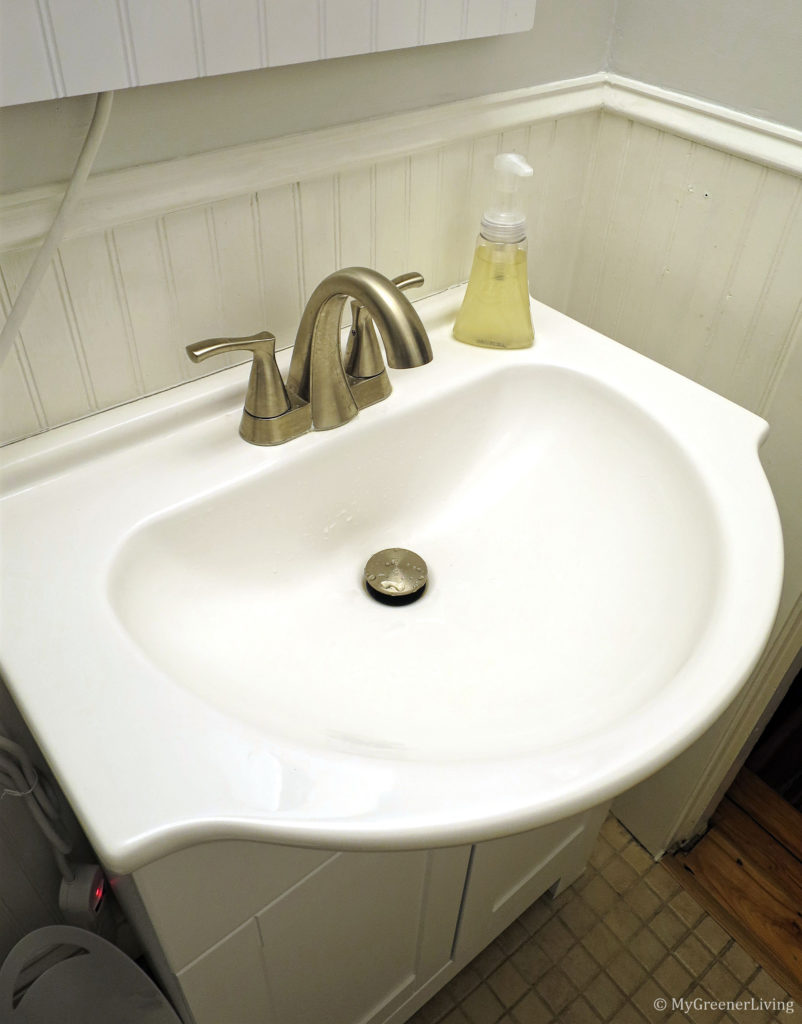
Cost
Baking soda is inexpensive, and lasts a long time. I probably use about 1/2-1 teaspoon for a bathroom sink, 1-2 teaspoons for a kitchen sink, and 1-1.5 tablespoons for a tub + shower walls.
Baking soda costs $0.99 for 1 lb on Amazon and in grocery stores.
- Bathroom sink: ($0.99/1 lb)x(1 lb/454 g)x(4.8g/1 tsp)x(1 tsp)=$0.01
- Kitchen sink: ($0.99/1 lb)x(1 lb/454 g)x(4.8g/1 tsp)x(2 tsp)=$0.02
- Tub + shower: ($0.99/1 lb)x(1 lb/454 g)x(4.8g/1 tsp)x(4.5 tsp)=$0.05
I can clean my bathroom sinks for just $0.01 each, kitchen sink for $0.02, and my tub for $0.05. Considering that this actually works, using baking soda to clean my sinks, shower, and tub is a very frugal cleaning method.
Do you have a favorite natural or frugal cleaning solution? Please share in the comments!

